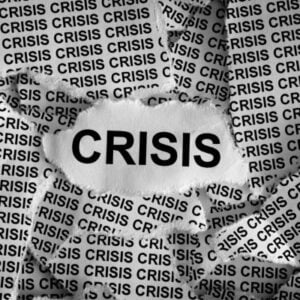Despite there being enough food to feed over eight billion people globally, hunger remains a persistent crisis due to a combination of conflict, climate change, economic shocks, inequality, and trade disruptions. Armed conflicts and political instability, such as those in Ukraine, Sudan, Gaza, and Haiti, disrupt food production, supply chains, and market access, displacing millions and creating acute food insecurity. In response, the UN, primarily through the World Food Programme (WFP), provides immediate food aid, seeds, livestock, and farming tools to help affected communities sustain themselves.
Climate change and extreme weather events, including droughts, floods, and heatwaves, further undermine agricultural productivity and food availability, particularly in vulnerable regions of Africa such as Somalia, Sudan, South Sudan, Mali, Burkina Faso, DRC, Nigeria, and Ethiopia. Prolonged droughts, like Somalia’s worst in four decades, exacerbate the impact of conflict and displacement. To mitigate these effects, the UN promotes climate-resilient farming practices, including innovative techniques tailored to local conditions.
Economic shocks and inflation have also heightened hunger, as rising food and energy prices reduce purchasing power, particularly in low-income countries. Events such as the COVID-19 pandemic, the war in Ukraine, and climate-related disruptions have led to surging food prices, falling real wages, and decreased access to nutritious meals. The UN supports affected populations through food rations, nutritional supplements, and cash-based transfers to maintain local markets and household nutrition.
Structural poverty and inequality perpetuate chronic hunger, especially among marginalized and rural communities. Nearly 700 million people live in extreme poverty worldwide, with the majority in Sub-Saharan Africa. Low incomes, poor infrastructure, and limited access to essential services prevent vulnerable populations—particularly women and indigenous groups—from accessing adequate food. The UN works to strengthen social protection systems and empower communities to develop resilient and inclusive food systems that enhance long-term food security.
Trade disruptions and market volatility further exacerbate hunger by destabilizing food prices and availability. Export restrictions, tariffs, and unpredictable commodity markets limit access to affordable food in countries like Bangladesh, Pakistan, and Sri Lanka, while trade tensions have slowed economic growth in nations such as Brazil and Mexico. The UN monitors global markets, provides policy guidance, and coordinates international responses to stabilize prices and protect vulnerable populations from the cascading effects of food, energy, and financial crises.






